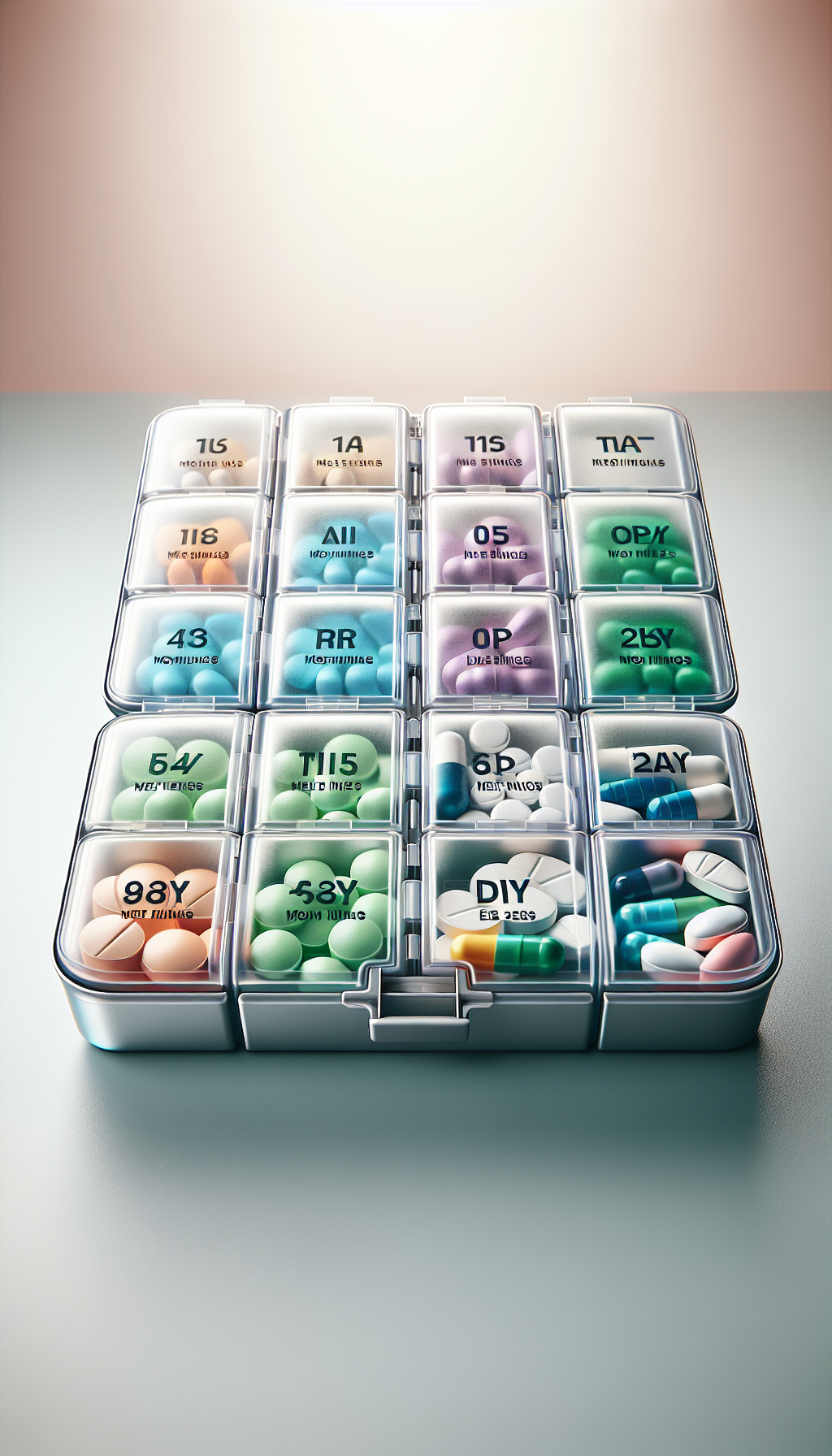As we age, our bodies undergo various changes that can affect how we respond to medications. Seniors, in particular, often have multiple prescriptions to manage, which increases the risk of medication errors and adverse drug reactions. It’s crucial for older adults and their caregivers to understand the importance of medication safety to maintain overall health and well-being. This comprehensive guide will provide valuable insights into the best practices for managing medications safely.
Understanding the Risks
Medication management for seniors is more than just remembering to take pills on time. It involves understanding the interactions between various drugs, recognizing side effects, and staying informed about each medication’s purpose. As we age, our metabolism slows down, and our body’s ability to process substances changes, which can affect how medications work.
Best Practices for Medication Management
To ensure the safety and efficacy of medication use among seniors, consider the following strategies:
Review Medications Regularly
Seniors should schedule regular medication reviews with their healthcare providers. This is an opportunity to discuss the necessity of each medication, potential side effects, and interactions with other drugs or supplements. During these reviews, it is also essential to consider the impact of the medications on aspects of brain health, as some drugs can affect cognitive function.
Stay Organized
Using pill organizers and medication management apps can help prevent missed doses or accidental double dosing. An organized system ensures that seniors take the right medication at the right time.
Understand Medication Labels
It is imperative to read medication labels correctly to understand dosing instructions, expiration dates, and storage requirements. Proper comprehension of labels can prevent many medication errors.
Be Aware of Side Effects
Understanding possible side effects can help seniors and caregivers recognize when a medication may be causing a problem. If a new symptom arises, it’s important to consult with a healthcare provider to determine if it’s related to the medication.
Educate on Allergies and Interactions
Seniors should be informed about their medication allergies and the potential interactions between their prescriptions, over-the-counter drugs, and dietary supplements. This knowledge is critical for preventing adverse reactions.
Utilize Technology
There are various technology solutions available to aid in medication compliance. These include reminder systems, automatic pill dispensers, and telehealth services that make it easier to stay on track with medication regimens.
Encourage Clear Communication
Clear communication with healthcare providers is essential. Seniors should feel comfortable discussing their medications, expressing concerns, and asking questions. This open dialogue helps to ensure that they are receiving the most appropriate and safe pharmacological care.
Consider Lifestyle Factors
The influence of lifestyle on medication and supplement use cannot be overstated. Factors such as diet, exercise, and sleep patterns can all impact the effectiveness of medications and the body’s ability to tolerate them.
Know When to Seek Help
If a senior experiences a medication-related problem, it’s important to seek medical attention immediately. Symptoms such as severe dizziness, difficulty breathing, or an unexpected rash could signify a serious reaction requiring prompt intervention.
External Resources for Further Information
For those looking to deepen their understanding of medication safety practices for seniors, consider exploring the following external resources:
- National Institute on Aging – Safe Use of Medicines for Older Adults
- American Society of Consultant Pharmacists – Medication Management and Older Adults
- Beers Criteria® for Potentially Inappropriate Medication Use in Older Adults
- FDA’s Resources on Medicines and Aging
- Institute for Safe Medication Practices – Consumer Resources
By leveraging these resources and implementing the strategies outlined above, seniors and their caregivers can significantly reduce the risks associated with medication use.
Conclusion
Medication safety for seniors is a multifaceted issue that requires awareness, organization, and proactive management. By staying informed, utilizing available tools and resources, and maintaining open communication with healthcare providers, seniors can safely navigate the complexities of medication management. Remember, safety in medication practices is not only about preventing harm but also about ensuring the best possible health outcomes for our senior population.



